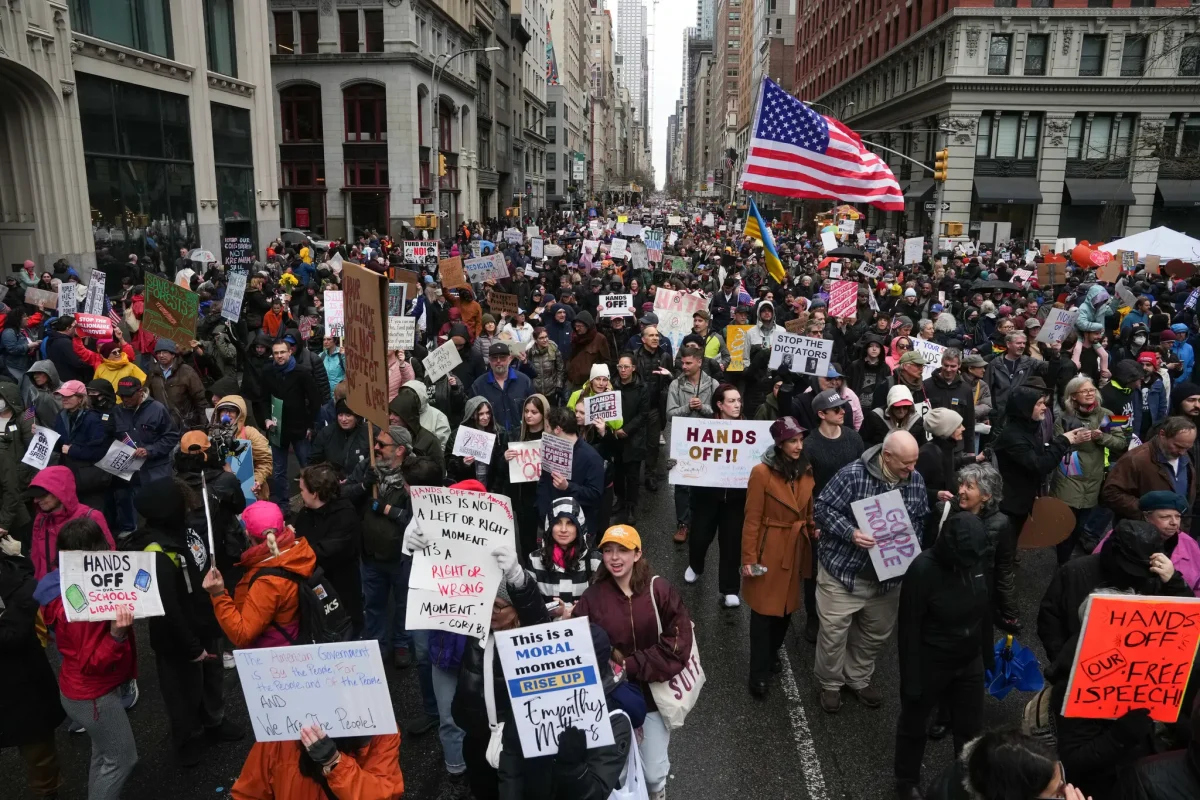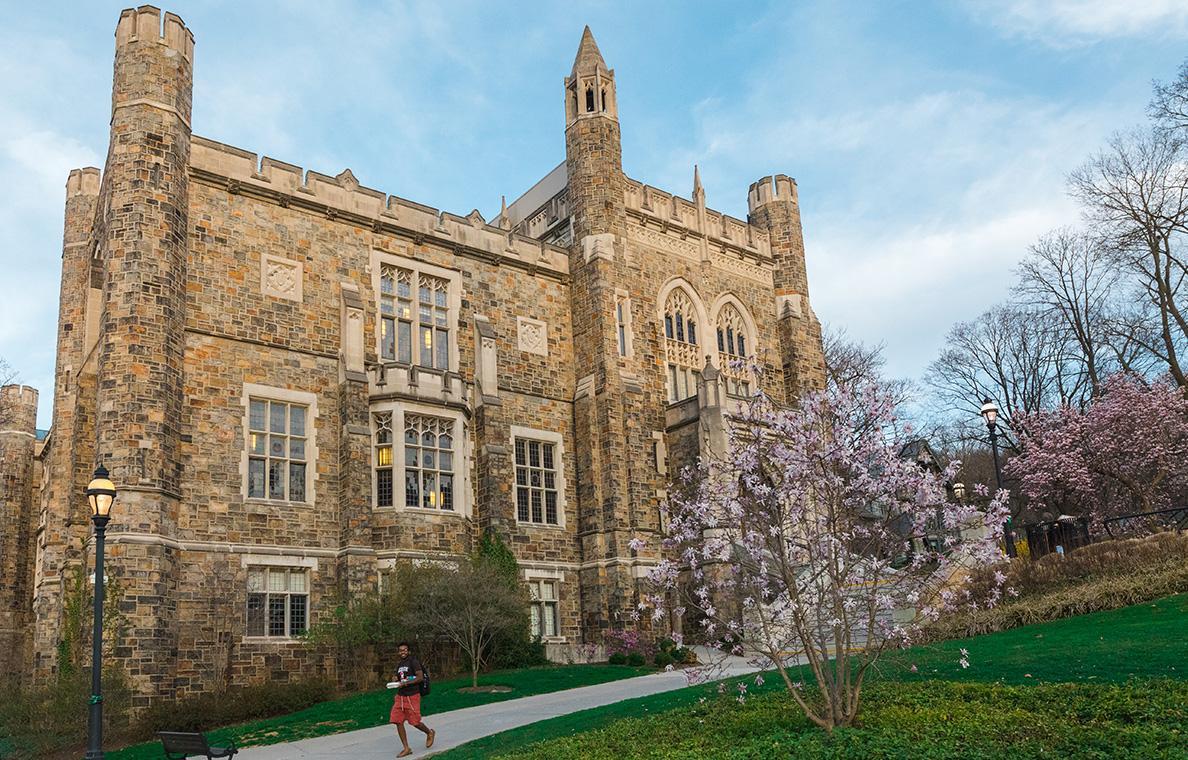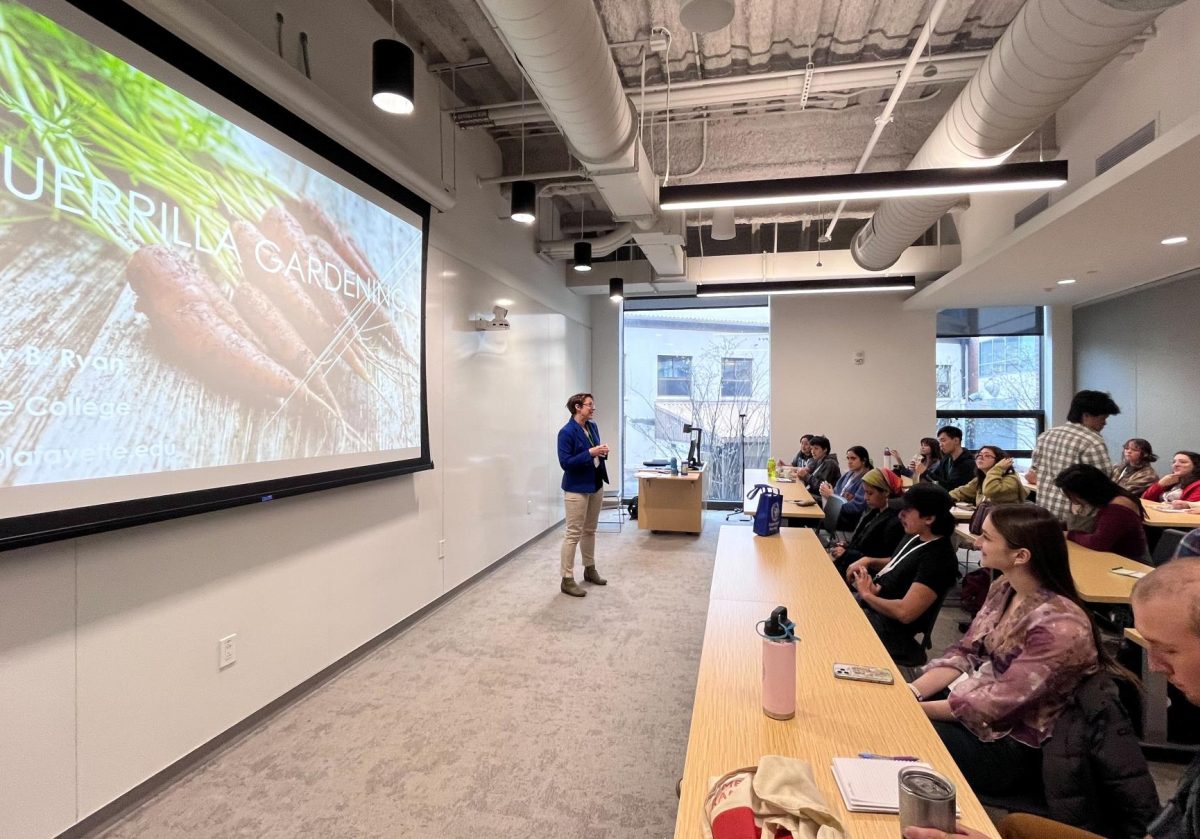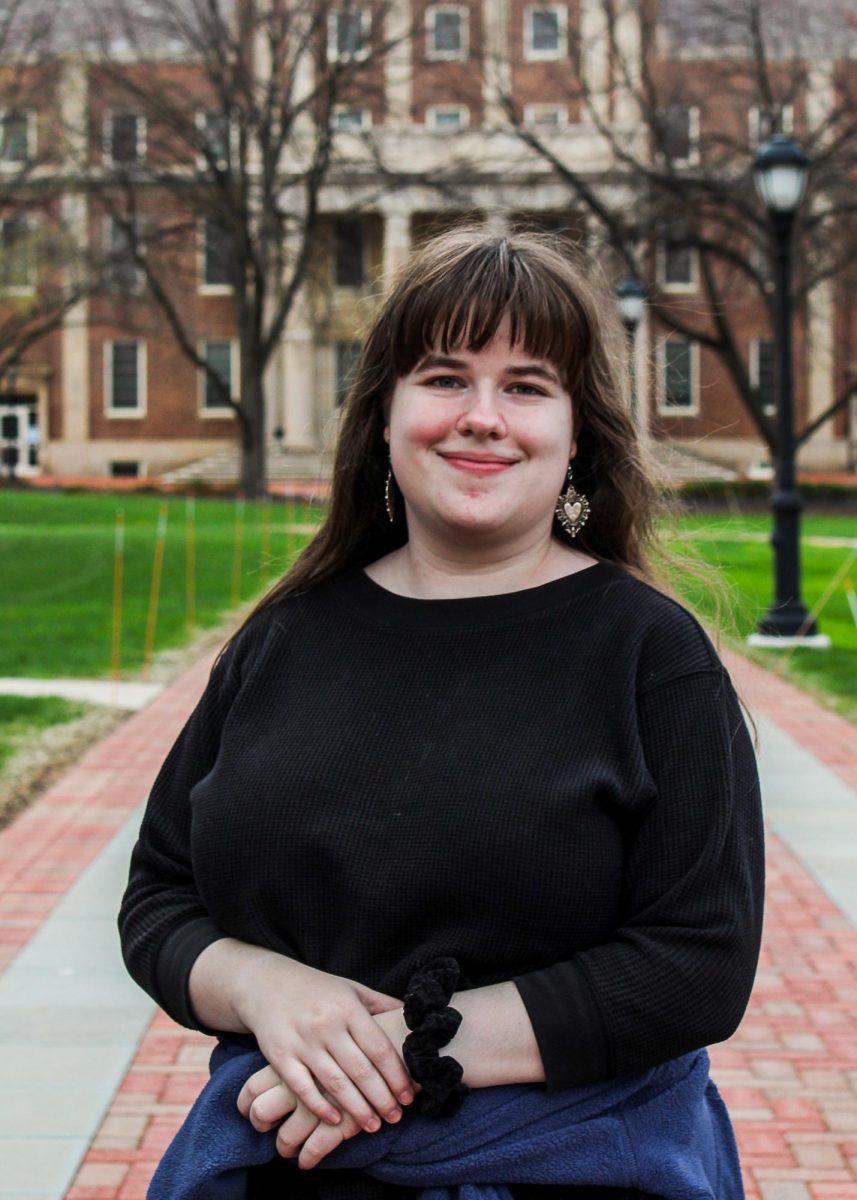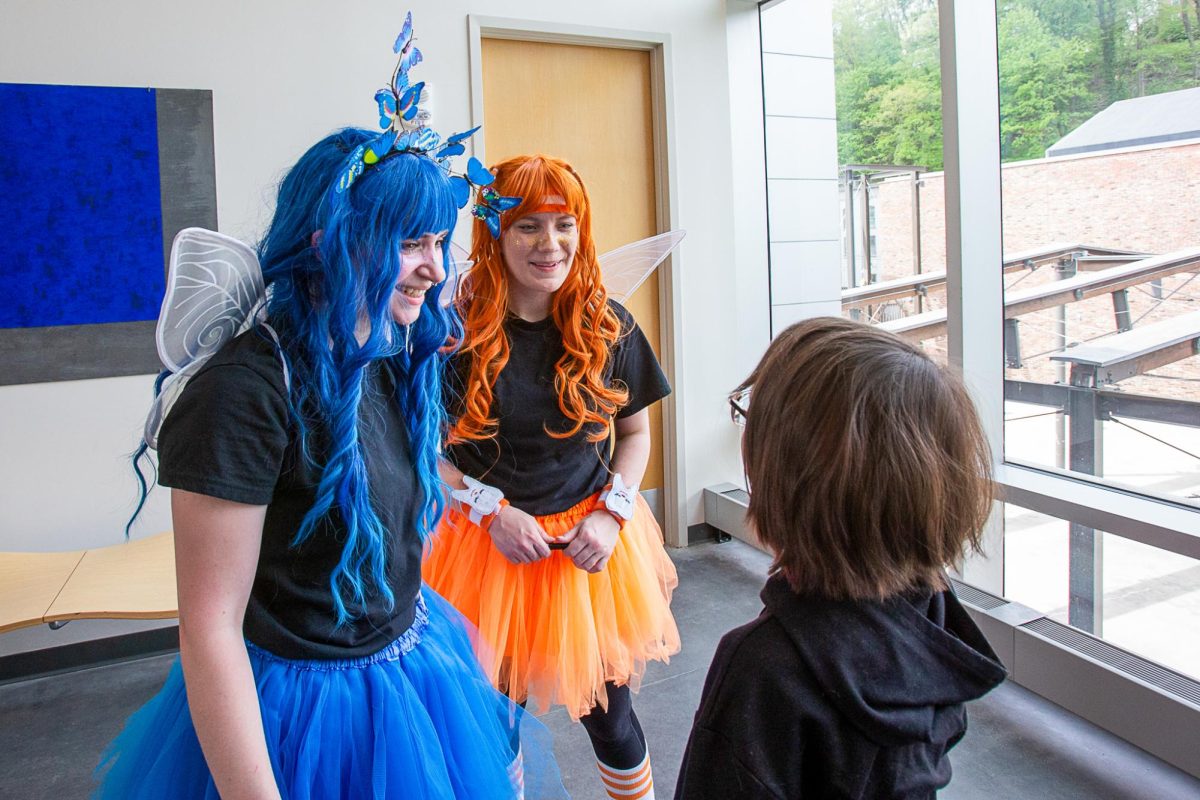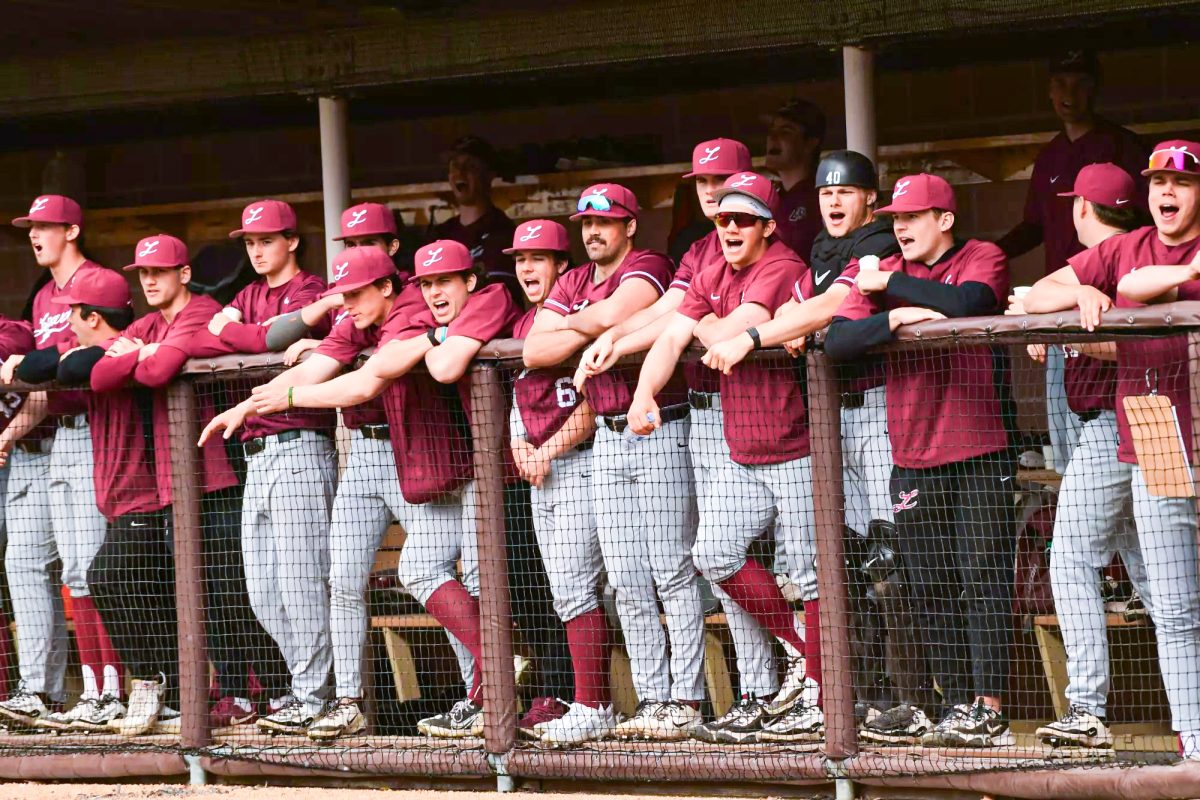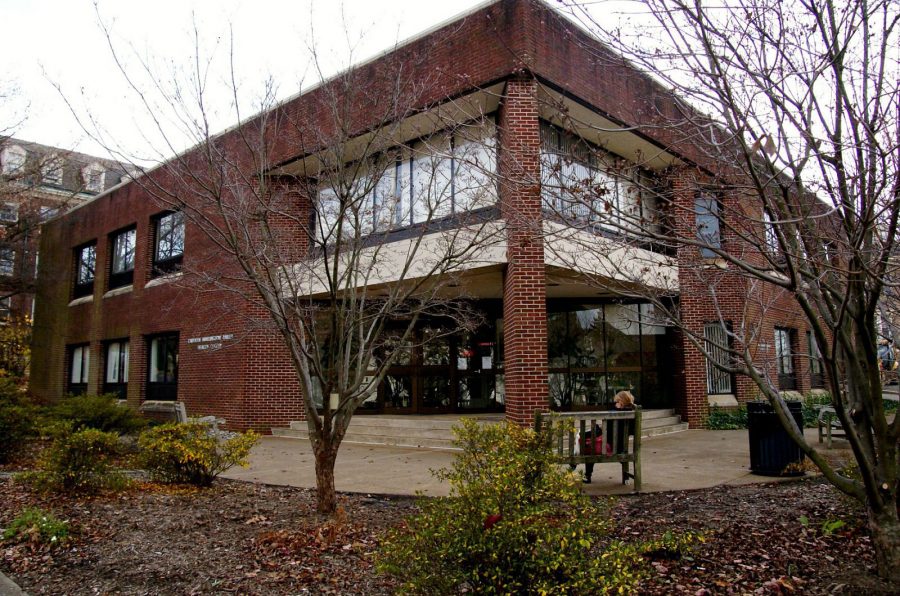In a fall semester with COVID-19 outbreaks reported at colleges around the country, Lafayette remains an outlier with just six confirmed cases and no new cases since August 24. The majority of the 625 students residing on campus have followed the guidelines for safety, college officials said, while avoiding the most serious punishments like suspension so far.
There has not been a single case reported at Lafayette since August 24, despite 127 new cases in Northampton County in the same time span, according to USA Facts.
Since the start of the semester, over 1020 colleges around the country have seen localized COVID-19 outbreaks, according to the New York Times. Lafayette has had fewer cases than most schools, reporting only four at move-in last August. Director of Health Services Jeffrey Goldstein expressed optimism when comparing Lafayette to other colleges.
“Well, we’ve learned from their negative experiences,” Goldstein said. “I think the vehicles of transmission are…groups of students ignoring the important new norms of social distancing and congregating together in closed spaces.”
When it comes to restrictions on campus, Lafayette has rules in place to mitigate the spread of COVID-19 and corresponding consequences for those who defy the rules.
“Any violations of these rules,” reads the COVID-Related Handbook Addendum, “will result in removal from College housing and/or suspension from the College. Because violations create a significant health and safety risk for our community, an expedited process will be in place, and an immediate, interim suspension may be imposed while conduct is adjudicated.”
The addition to the student handbook has yet to be fully enforced, according to Vice President for Campus Life Annette Diorio.
“We always strive to apply policies fairly. We have received a few reports about students not following the guidelines and members of the staff have followed up with each,” Diorio said. “We have not suspended any students at this time.”
Students found in violation of the addendum can be subject to disciplinary actions ranging from warnings to probationary status to suspension or expulsion.
“[The Office of Student Conduct] tries at all times to be educational and not merely punitive,” Diorio added.
Each department on campus works with the Office of Student Conduct to both enforce the college’s regulations and keep students informed of them. The Department of Public Safety, for example, regularly provides guidance and education to the campus community on how to safely conduct themselves, according to Director of Public Safety Jeff Troxell.
“We refer questions or concerns from the Lafayette community related to COVID-19 to covid-19@lafayette.edu,” Troxell wrote in an email.
Students can also fill out a form on the Lafayette College website to report any sort of coronavirus-related concern.
“In order for staff to respond effectively, what is more critical than when to report is what to report,” Diorio said. “Names and specific locations, when known, and a detailed description of the situation observed are critical. We respond to every report we receive, but having more information helps us to better assess the severity and appropriate responses.”
Goldstein explained that getting together in large groups poses an acute danger to the community, increasing the risk of transmitting COVID-19.
“Social gatherings, either parties or going to bars, congregating in settings, especially indoor settings, carries the greatest risk for transmitting COVID,” Goldstein explained. “We all know that when alcohol is consumed, it often leads to poor decision making, and in the case of COVID transmission, that poor decision making involves not wearing masks, not social distancing.”
Overall, Goldstein voiced cautious optimism about students’ actions on campus so far.
“There are outliers, but I think most students have really locked arms and engaged in the protective behaviors that will limit disease,” Goldstein said.
Diorio mirrored Goldstein’s sentiment and expressed hope that those living on campus can have some sense of normalcy despite these unusual times.
“If the objective is to make connections, that can still be done,” Diorio said. “Wear a mask, keep a good amount of distance between yourself and those you do not live with, wash your hands frequently, and if you are sick, stay away from people.”


